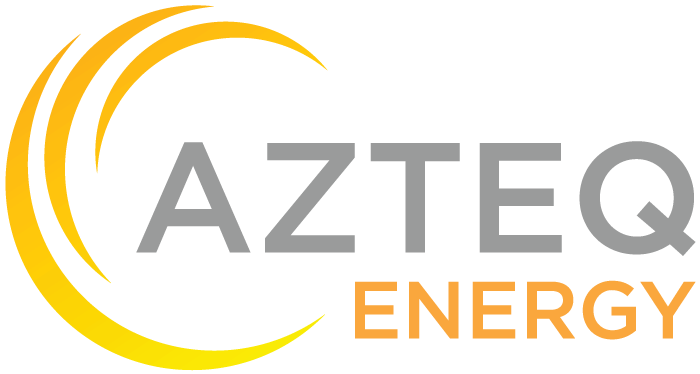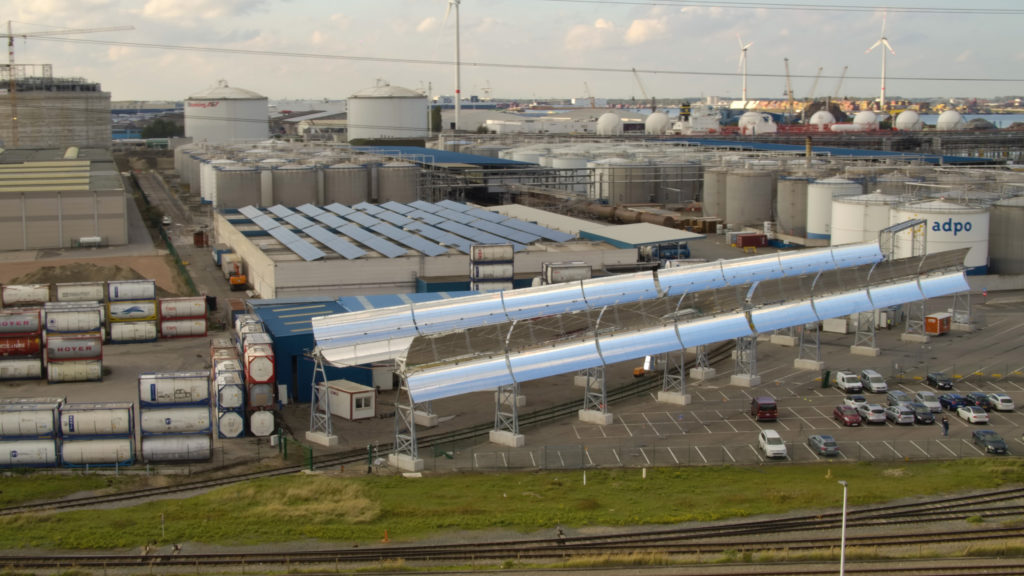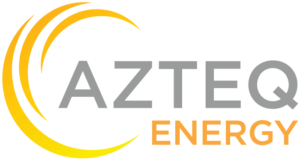The energy company AZTEQ, based at EnergyVille in Thor Park, the Genk research center for renewable energy, is going to build test installations with solar panels in Ostende. These test installations will not produce electricity like solar panels but ecological heat that can be used by industrial companies.
According to Kari Ven from AZTEQ, this is groundbreaking heat technology that as never been applied in our country before. The realization of the three solar plants will cost € 1.425 million. The Flemish government is providing € 819,000 support to the project.
The Flemish Minister for Energy Bart Tommelein states that new technologies deserve every opportunity and expects a lot from this project. Within a solar plant, the sunlight is concentrated via parabolic reflectors, releasing high quality heat with temperatures that are much higher than those of a solar boiler, for example.
Parabolic reflectors, each 5 m long, are installed in 120 m lines. Each parabola has a focal point and by absorbing these focal points in a single line, temperatures up to 400° C can be reached. This heat can be used for industrial processes in breweries or in chemical plants. Today, these companies derive their heat from the combustion of gas or oil, but the solar heat is completely green.
The three test projects that the company AZTEQ will set up, partly thanks to the investment aid, all have the same output but with different applications each time. Using this method the company wants to build up expertise and collect data on heat yield, possible areas of application, the integration of existing systems and their implantation in the environment. Collectively these three installations will produce 1,390 MWh of additional green heat per year.
In Ostend, the installation will be located on an old industrial area. The green heat will be used by the chemical company Proviron. The required heat here is 180° C. In Antwerp the port company ADPO from Kallo is the customer for the storage of heated liquids. They require a heat above 140° C. The parabolic mirrors are located above the parking lot and railway and beneath a high-voltage line. The third installation will be put down on the grounds of the science park Thor in Genk. There, the high quality heat will be used in a pilot laboratory for ORC (Organic Rankine Cycle) installations and for heating building connected to a heat network.
“With these test installations we are giving the production of green heat a boost within Flanders in the coming years. The energy world is evolving rapidly. As the Flemish government, we are happy to give new technologies a boost until they are ready for the market. After all, renewable energy is good for our health and creates jobs. Most investments in solar panels and wind farms only serve the needs of families, but it is precisely the energy-intensive companies that account for two-thirds of the total energy consumption”, says Minister Tommelein.
“That’s why we are building the solar plants close to the customers. These are relatively small projects of around 1,100 m² each. Above all, we want to demonstrate the reliability of the technology. Similar project in North-Africa have already been set up and, solar thermal test projects are also underway in Denmark and the South of France. The components of the solar thermal systems are only now cheap enough to be competitive, and major improvements in energy efficiency have been made in recent years. One of the major benefits of our solar thermal system is, for example, that solar heat can be stores to cover heat requirements at night. It is up to us to prove that this technology can used anywhere in Europe and even worldwide. The greening of the industrial heat requirements, for example for the production of steam at high pressure and temperature, not only leads to a substantial reduction in CO2 emissions, but also helps reduce the energy bill for our companies and creates sustainable jobs”, concludes Koen Vermout, CEO of AZTEQ, and co-founder Kari Ven.


